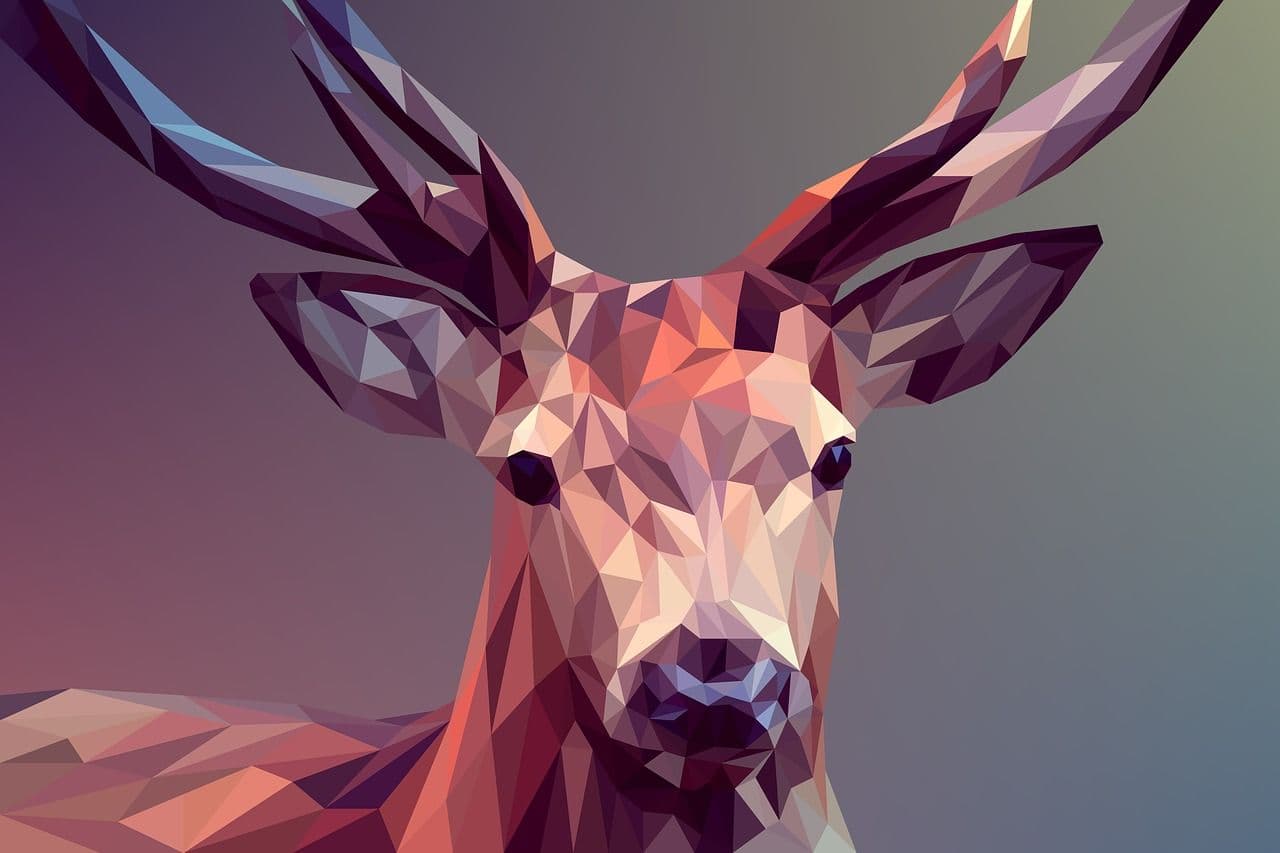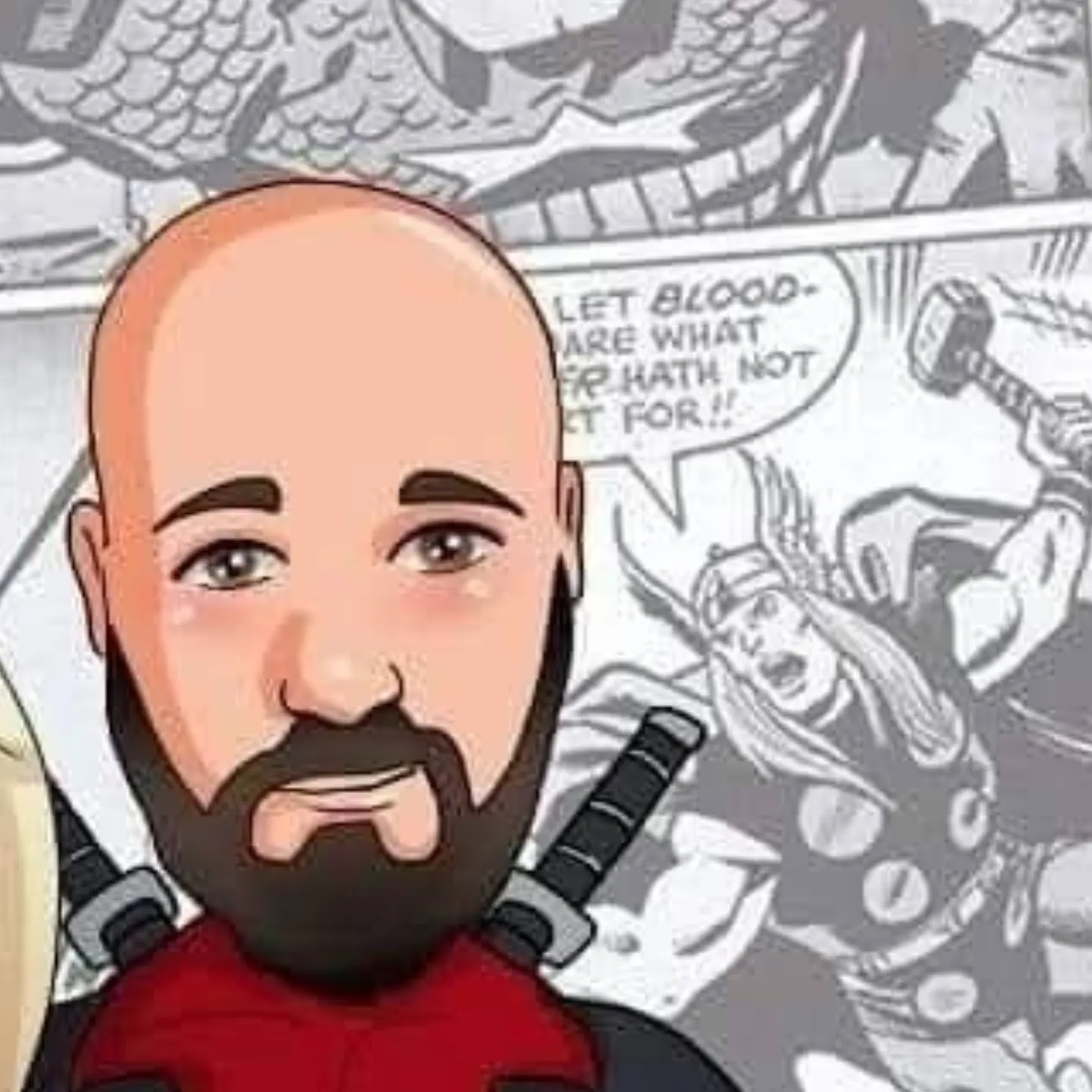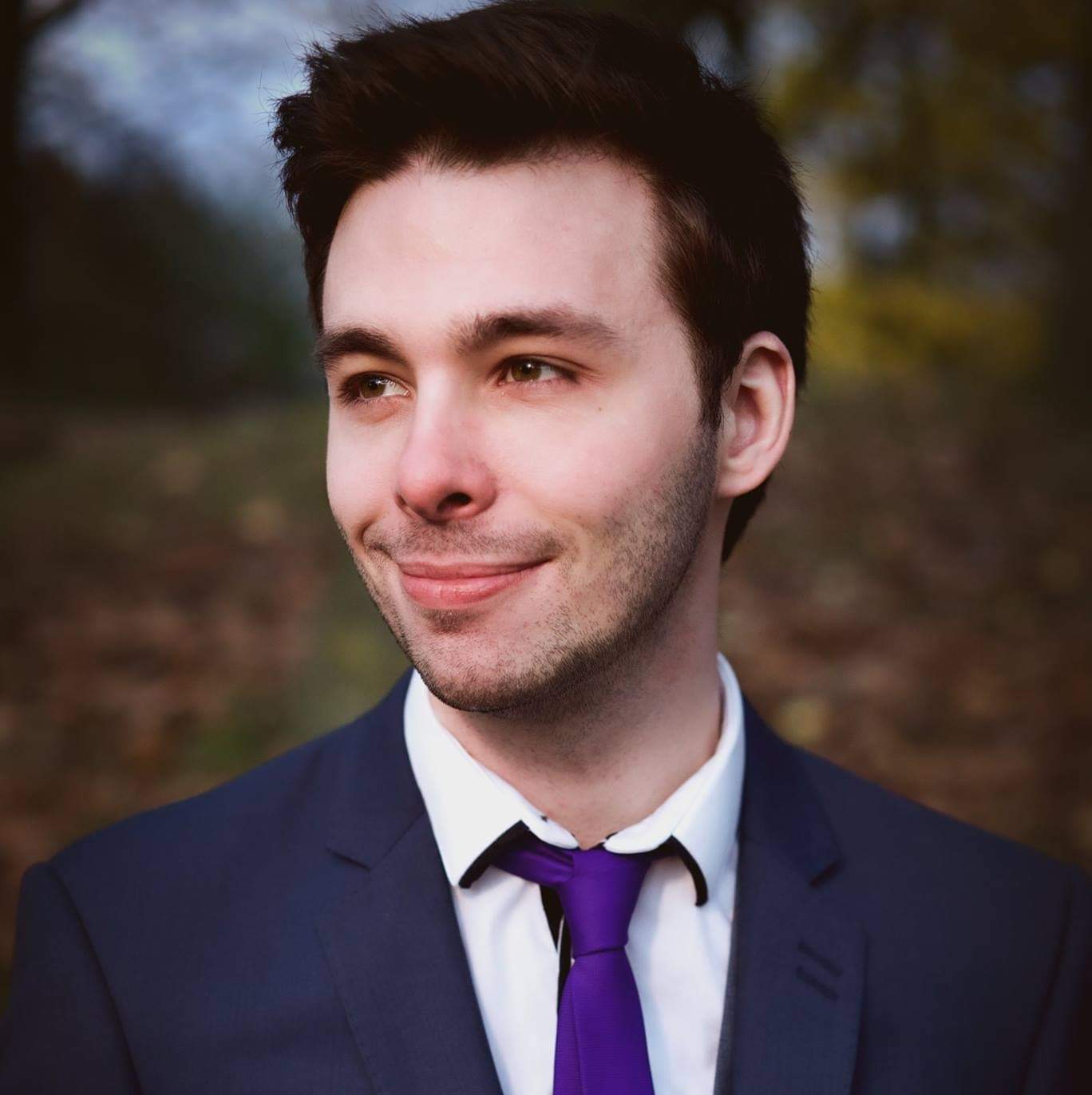Does a good prompt an artist make? Here's a hot topic if ever there was one. There are entire philosophical fields dedicated to understanding what art is, but it's generally understood to be an intentional emotive expression of the human spirit. And yet now generative AI is able to instantly create stunning images, video, and music with just a couple of sentences.
This bounty ties into technological, artistic, linguistic, and philosophical questions. What is art? Is it ever possible for a machine to make art? Why or why not? Is AI 'art' infringing on the copyright of artists? Is the artist the software or the prompt-giver? Would you hang AI 'art' on your wall? Feel free to explore whichever avenue interests you most but be sure your answer attempts to tackle the main question: can AI make art?
We're looking for at least 100 words in your submissions. Feel free to enter by video too. You can also choose to supplement your entry with your own images or third-party images, but be sure to follow the instructions below if you do.
Finally, remember that other community members might strongly disagree with you, so please keep disagreements civil. Thanks!
Task: Tell us if you think AI can make art and justify your answer
Format: Video or written (images welcome)
How to submit a written entry:
Hit the 'submit to this bounty' button just below this description - do not use the reply button unless you just want to comment on the thread, as replies will not be counted as entries!
Add a written response and feel free to include images.
How to submit a video entry:
Create your video and post it to your connected TikTok, YouTube or Instagram account.
In your post description, please tag us! We're @JustAbout__ on YouTube, @justaboutcommunity on Instagram, and @justaboutcommunity on TikTok. We'd also love it if you included #JustAbout.
Hit the 'submit to this bounty' button just below this description - do not use the reply button unless you just want to comment on the thread, as replies will not be counted as entries!
Share a link to your post in the box that appears, then expand it so we can view the video on Just About.
How to submit an image:
Take your image and post it to your connected Twitter (X) or Instagram account.
In your post description, please tag us! We're @JustAbout__ on Twitter (X), and @justaboutcommunity on Instagram. We'd also love it if you included #JustAbout.
Hit the 'submit to this bounty' button just below this description - do not use the reply button unless you just want to comment on the thread, as replies will not be counted as entries!
Share a link to your post in the box that appears, then expand it so we can view it on Just About.
How to submit a third-party image:
Hit the 'submit to this bounty' button just below this description - do not use the reply button unless you just want to comment on the thread, as replies will not be counted as entries!
Add the URL linking to the third-party image you'd like to submit (use the 'copy image link' function), and/or a link to the post on Instagram, Facebook, or Twitter (X), to ensure proper credit.
Add a few sentences of context or commentary on the image or its creator.
Once the deadline closes, we’ll pick 12 submissions, award $3 to each of the winners, and may share them as curated content.
Disclaimer: Geographical and age restrictions apply. Please see our Terms of Use for more information on how bounties are created and rewarded on Just About. One reward available per member.
Take care not to breach copyright. Check our copyright policy before submitting.
Remember to link your social accounts before submitting multimedia assets!
Considering using AI to help? Think twice and first see our approach to AI content on Just About.
Image credit: Manuchi on Pixabay
Bounty Rewards
Reward closed
Created at . Page last updated at .
Deadline at .




